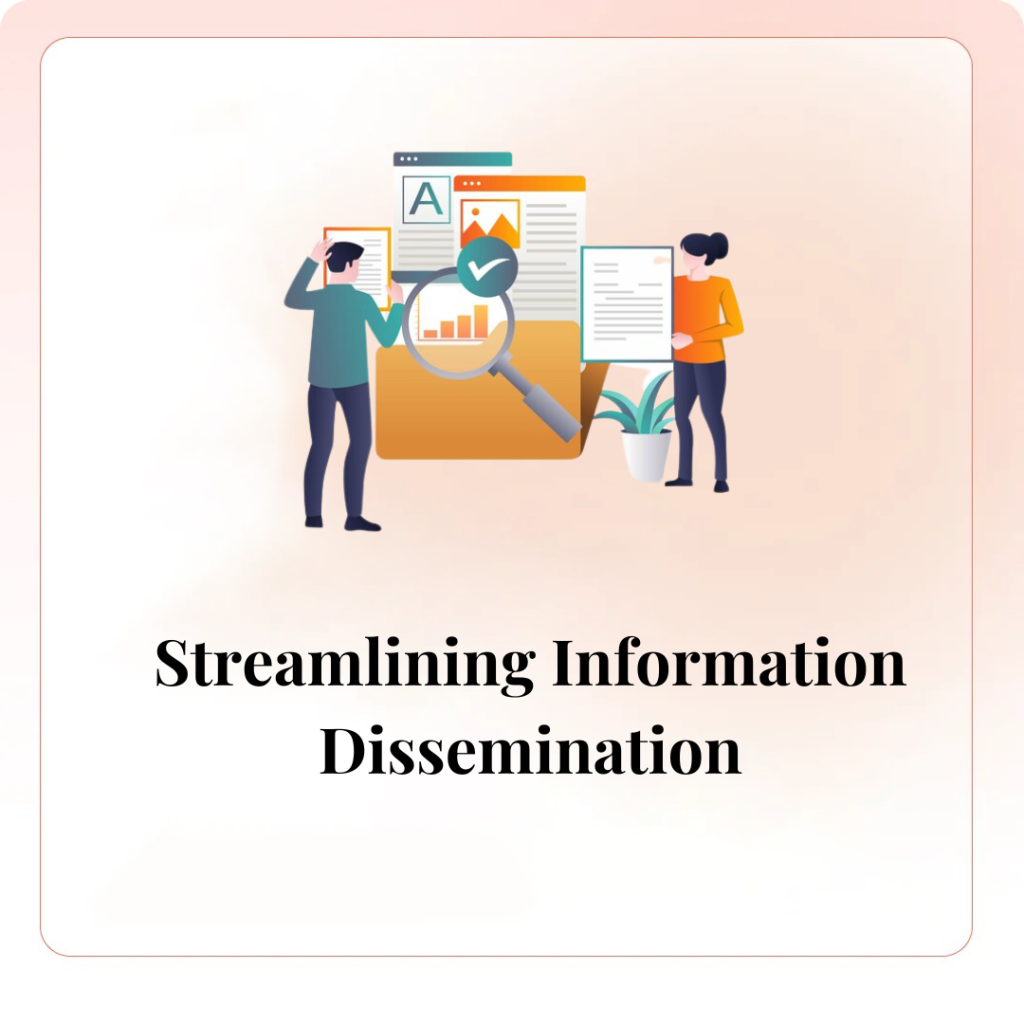Back
In an era where digital communication is paramount, governments worldwide are harnessing the power of digital marketing to engage with citizens, disseminate information, and foster transparency. The role of digital marketing in government communication is multifaceted and essential for building trust and promoting public initiatives. This blog explores how digital marketing strategies are revolutionizing the way governments interact with their constituents.
Digital marketing allows governments to reach a broader audience and engage with citizens more effectively. Through social media platforms, email campaigns, and interactive websites, governments can share updates, gather feedback, and involve citizens in decision-making processes. These channels enable real-time communication and foster a sense of community involvement.


Transparency is crucial for building trust between governments and citizens. Digital marketing tools such as blogs, social media posts, and online portals provide a platform for governments to share information openly. By regularly updating the public on policies, projects, and expenditures, governments can demonstrate accountability and promote a culture of openness.
In times of crisis or emergencies, timely information dissemination is vital. Digital marketing strategies, including social media updates, email alerts, and mobile apps, ensure that critical information reaches citizens promptly. Governments can provide updates on public health, safety measures, and emergency responses, helping to keep the community informed and prepared.


Digital marketing also plays a significant role in promoting and facilitating public services. Through targeted campaigns, governments can raise awareness about available services, such as healthcare, education, and social programs. Online platforms enable citizens to access these services conveniently, reducing barriers and improving overall efficiency.
Consistent and transparent communication helps build trust and credibility with the public. Digital marketing allows governments to showcase their achievements, share success stories, and highlight community impact. By maintaining an active and responsive online presence, governments can strengthen their relationship with citizens and foster a positive image.


Data-driven decision-making is a cornerstone of effective digital marketing. Governments can leverage analytics tools to understand citizen behavior, preferences, and concerns. This data helps tailor communication strategies, ensuring messages are relevant and impactful. By continuously analyzing engagement metrics, governments can refine their approaches and optimize communication efforts.
Digital marketing campaigns can encourage civic participation and involvement in governmental processes. Social media polls, online surveys, and interactive forums provide platforms for citizens to voice their opinions and contribute to policy development. These initiatives empower citizens and create a sense of ownership in the governance process.

The integration of digital marketing in government communication is transforming the way governments interact with their citizens. By enhancing public engagement, promoting transparency, streamlining information dissemination, and leveraging data, governments can build trust and foster a more informed and involved community. As digital technologies continue to evolve, the role of digital marketing in government communication will only become more pivotal in shaping the future of public governance.
This website stores cookies on your computer. Cookie Policy

